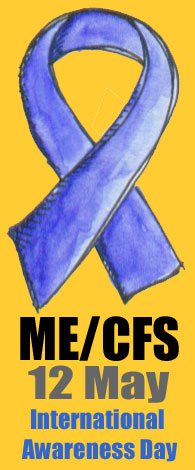Here's Mary Black with her gorgeous version of Dick Gaughan's setting of "Both Sides the Tweed". It's a lovely song with a superb sentiment. Beneath, I've put the words and Dick Gaughan's notes about the song, because a bit of context helps.
What's the spring-breathing jasmine and rose ?
What's the summer with all its gay train
Or the splendour of autumn to those
Who've bartered their freedom for gain?
Let the love of our land's sacred rights
To the love of our people succeed
Let friendship and honour unite
And flourish on both sides the Tweed.
No sweetness the senses can cheer
Which corruption and bribery bind
No brightness that gloom can e'er clear
For honour's the sum of the mind
Let virtue distinguish the brave
Place riches in lowest degree
Think them poorest who can be a slave
Them richest who dare to be free
Song Notes - by Dick Gaughan
This was put into this form in 1979 shortly after the Scots returned a majority in favour of a separate Scottish Parliament but the vote was vetoed in the UK Parliament due to the inclusion of the notorious "40% of all eligible votes" clause which had the effect of counting votes not cast as being votes against. There is now good evidence to suggest that the architect of this piece of electoral sleight-of-hand may have been Robin Cook.
The verses call for the recognition of Scotland's right to sovereignty and the choruses argue against prejudice between our peoples. The Tweed is the river which forms part of the Scots-English border and is used here as a symbol of both the need for independence and the need for friendship and co-existance.
The original text was an attack upon the Treaty of Union of 1707 which abolished the independent Scots and English Parliaments and set up the United Kingdom. I made some minor amendments to give it contemporary relevance.
The tune has been the subject of some speculation and argument. So far as I am aware, I actually composed it and am highly flattered by the presumption that it is traditional, with people claiming to have known it for several decades, if not centuries.
There are also people who claim that they heard their grandparents sing Ewan MacColl's, "Shoals of Herring" in the 30s. My mother had never heard of MacColl but used to sing his "Manchester Rambler" which she'd learned from a Lancashire woman in the army during WW2 and always assumed it was an old song from that area. Hamish Henderson once collected a variant of his own "Gillie Mor" from the Borders singer Willie Scott who was quite surprised to learn it was not an old song. And there are those who swear that Eric Bogle's "No Man's Land" is a traditional Irish song called "The Green Fields of France".
For one writing songs in a "traditional" genre, this is the highest compliment imaginable. Like all tunes composed within any aesthetic, it is inevitable that it has similarities to and contains phrases and quotes from earlier tunes. However, if someone can provide a printed or recorded source to prove the existence of this tune prior to 1979 then I'd be delighted to acknowledge that I unconsciously used a traditional tune.
Celebrating 20 Years of Blogging!
1 week ago












'ow Do Richard ... Judy said you had a blog and now I've read some of the witterings ;-} . How long have you been practicing Buddhism ? Judy and I go to our local center here in the valley on Monday night and also to a Sangha on Sunday evenings. Don't forget about the worm box for the garden.
ReplyDeleteStan and Judy
Hello, anon Stan! How's life in Marin County? It's been ever since our Sri Lanka trip in 2004 it just slowly grew. It's been a real help.
ReplyDelete